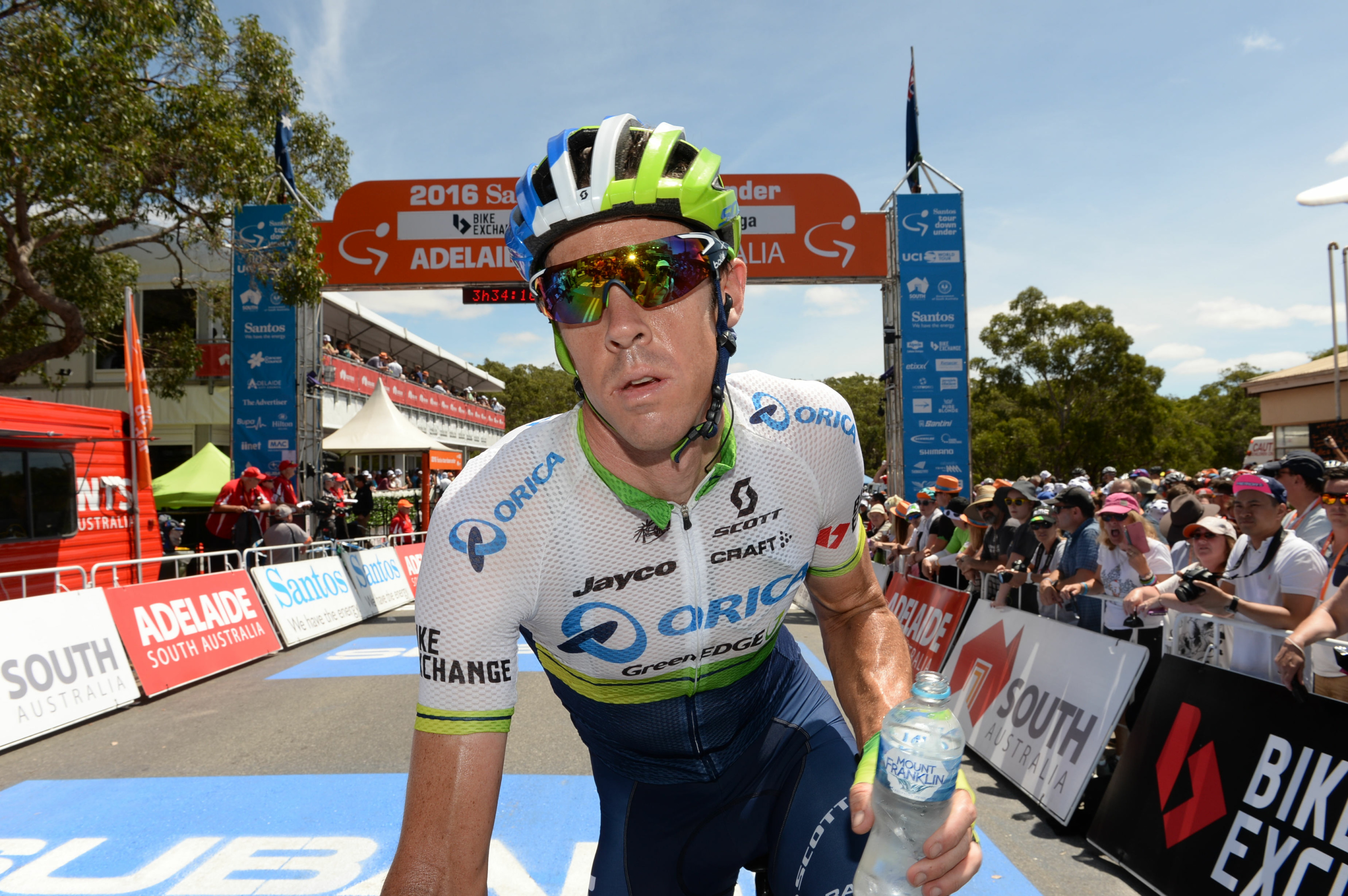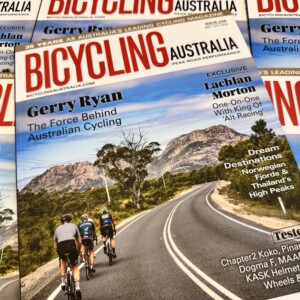Green washing. Rainbow washing. Human rights washing. Everywhere you look, it seems sponsors have ulterior motives. Why would pro cycling be any different writes Peter Maniaty
It all comes out in the (sports) wash. Oil money. For many, it’s the filthiest of lucre and it’s been reshaping the world of elite sports since the turn of the millennium. Professional football, Formula 1 and, more recently, golf, are amongst the most visible examples. However, if the current rumours are true –and there’s little reason to think they aren’t – road cycling may soon be joining them, thanks to the arrival of Saudi Arabia’s cashed up Public Investment Fund, or PIF. Which, of course, brings us to the ever-so-complicated topic of sportswashing.
A close cousin of ‘green washing’ (first coined in the 1980s by American environmentalist, Jay Westerveld), sportswashing refers to the forging of commercial partnerships that, in return for much-needed funding, help to shift public opinions about organisations, brands or products, so they are viewed as being perhaps more socially and ethically palatable than they really are.
In this way, the concept of sportswashing certainly isn’t new. Ancient Rome used gladiators and chariot races to curry favour with its restless citizens. The 1936 Berlin Olympics was used by Hitler to assuage the human rights abuses that were taking place in Germany at the time.
In 1976 the ‘Rumble in the Jungle’ between Muhammad Ali and George Foreman was brokered by dictator Mobuto Sese Seko to generate positive international publicity for Zaire (now the Democratic Republic of Congo). The controversial awarding of the two most recent FIFA Men’s World Cup Finals to Russia and Qatar, both outrageously successful events on the pitch, also raised many eyebrows off it.
A familiar cycle
Until the early 1990s, big tobacco was everywhere in professional sports in Australia. According to Quit Victoria, by 1989 the tobacco industry was injecting around $20million into Rugby League and $14 million into Cricket annually via brands such as Winfield, Rothmans and Benson & Hedges. Domestic tobacco sponsorships were formerly banned in Australia with the introduction of the Tobacco Advertising Prohibition Act 1992. (A ban on internationally based tobacco sponsorships, such as those affecting events such as the Australian Formula 1 Grand Prix, followed 14 years later in 2006.)
Despite many commentators at the time—no doubt egged on by the powerful pro-smoking lobby—warning of an impending sporting Armageddon, new sponsors filled the void over the ensuing years, including many of the country’s largest telcos, airlines, banks and car manufacturers. Calamity was avoided.
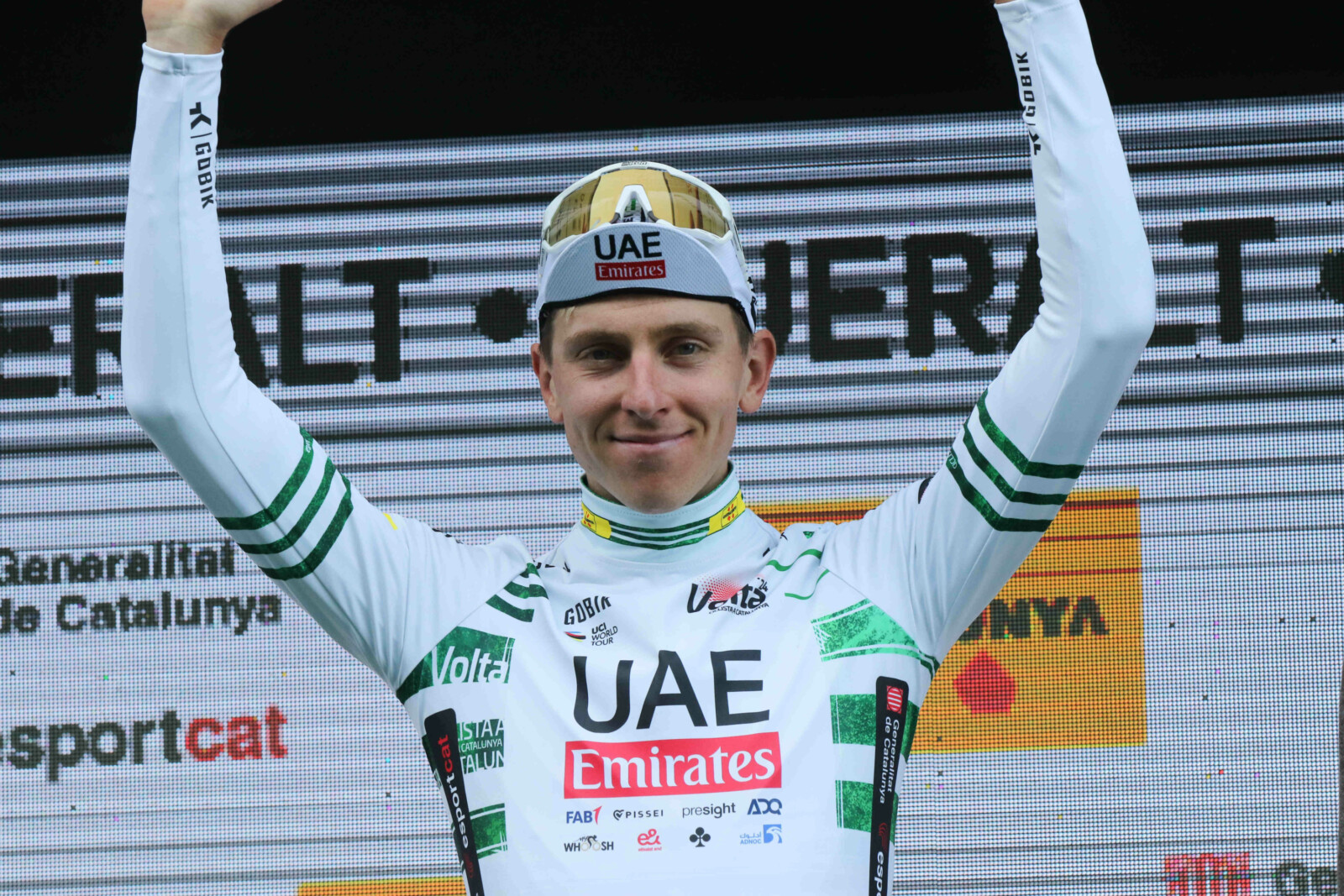
Today, the cycle of the 1980s-90s appears to be repeating itself. The sinister role once played by cigarettes and big tobacco has been replaced by the proliferation of big spending online betting agencies, placing policy makers and sports administrators in an increasingly uncomfortable position as societal well being is again thrust into a head-on collision with commercial expedience.
Yet, while sectors such as gambling are added to the list of sponsorship pariahs, societas non grata, seemingly adjacent ones continue to escape relatively unscathed. Pause to look beyond the corporate veneer and it’s a minefield of ethics, economies and lobby groups. In the absence of any illegality, who defines where the line of acceptability is actually placed?
Who defines ‘right’ and ‘wrong’?
Dig deep enough and virtually no potential sponsor in the world is squeaky clean. Yes, the indiscretions of some organisations – and, indeed, governments in some cases – are far more visible and obvious than others. The inherent environmental virtues of cycling also make it hugely susceptible to green washing.
But where do you draw the line? Fossils fuels and tobacco are out. But gambling and lotteries are still okay? What about regimes with known human rights abuses? Mining and chemical companies? Plastics companies? Alcohol and big sugar? Let’s not forget all the airlines who have a significant impact on greenhouse gas emissions each year. And it’s probably best we don’t look too closely at how our bike frames, tyres, wheels, helmets, group-sets and other components are actually manufactured.
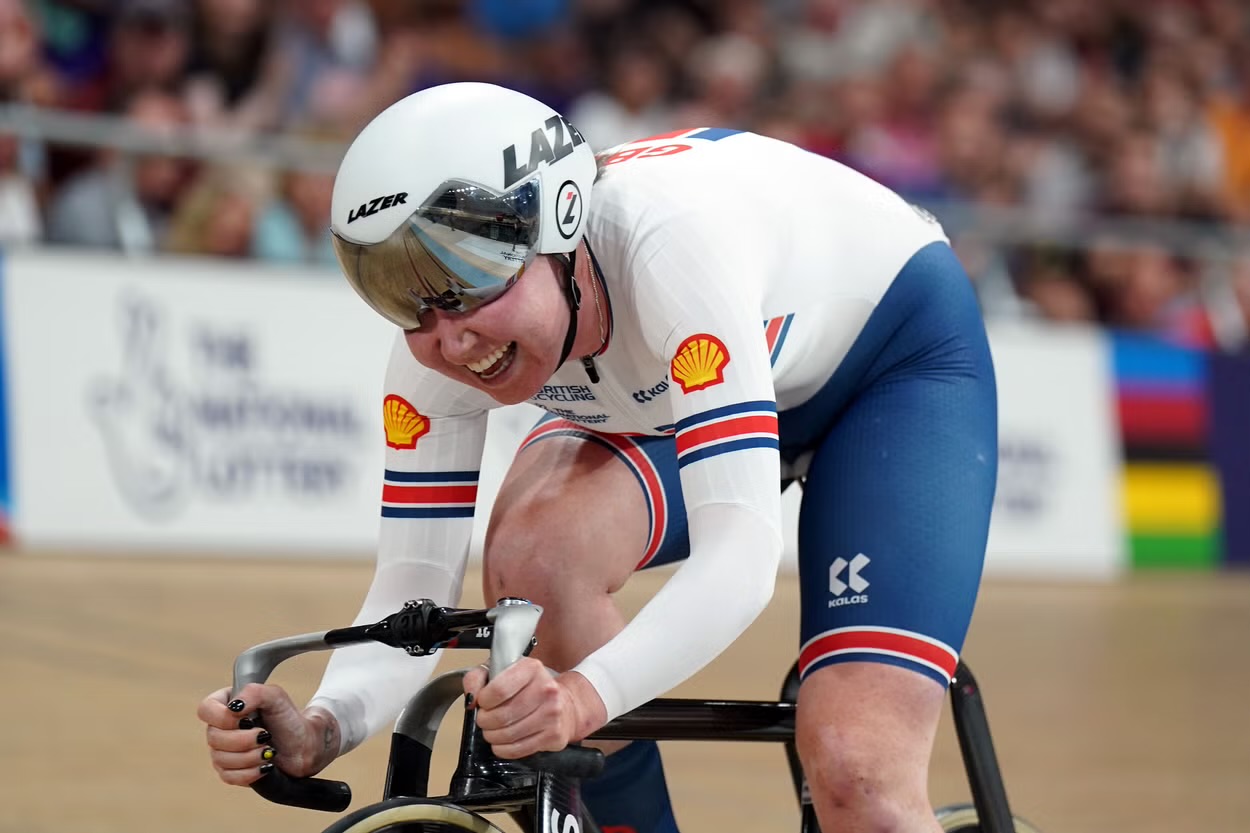
As senior Fairfax sports columnist, Malcom Knox, astutely articulated in the Sydney Morning Herald back in October 2022: “Once sportspeople (like anyone else) take an ethical stand, they might be setting a bar for themselves that is fiendishly complicated, not to mention high and getting higher.”
As individuals living in a free society, we each have the right to choose the things we are and aren’t prepared to personally accept. However, illegal activity aside, surely it is up to sporting bodies, and not athletes, to draw their sport’s ‘line’? The flip side for this sovereignty is they then need to accept the consequences of their decision. They may attract certain supporters, athletes and partners to their sport. But they may lose others. They may also open themselves to uncomfortable public scrutiny. As always, there is a cost to our actions.
Cycling’s governing body itself provides a great case in point. In some ways, the official UCI Cycling Regulations draw a strong line when it comes to acceptable sponsorships. Tobacco, hard liquor and pornography are absolutely out. Yet, curiously there is no mention whatsoever of organisations or sectors with questionable records when it comes to the environment and human rights.
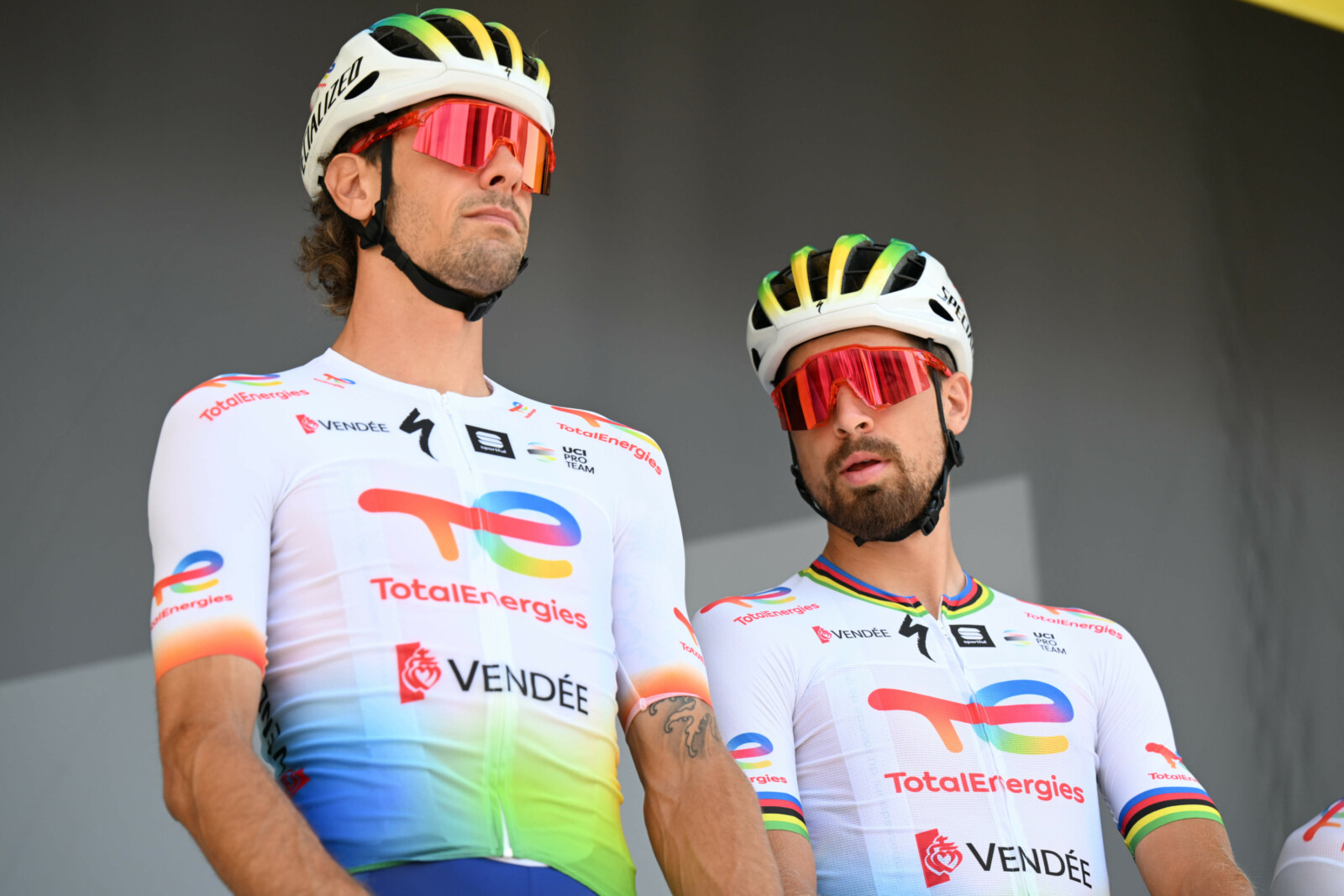
“Without prejudice of the applicable law, no brand of tobacco, spirits, pornographic products or any other products that might damage the image of the UCI or the sport of cycling in general shall be associated directly or indirectly with a licence-holder, a UCI team or a national or international cycling competition. As defined in the present article, a spirit is a beverage with a content in alcohol of 15% or more.” Section 1.1.089, UCI Cycling Regulations, pg. 23.
Taking A Stand
There are recent examples of major sports taking a stand in Australia. Cricket Australia announced its $40 million sponsorship agreement with Alinta Energy would not be renewed beyond June 2023, reportedly due to growing unease from climate-conscious senior players. In February 2022, the Clean Energy Regulator listed Alinta Energy’s parent company, Pioneer Sail Holdings Pty Ltd, as Australia’s sixth highest carbon emitter.
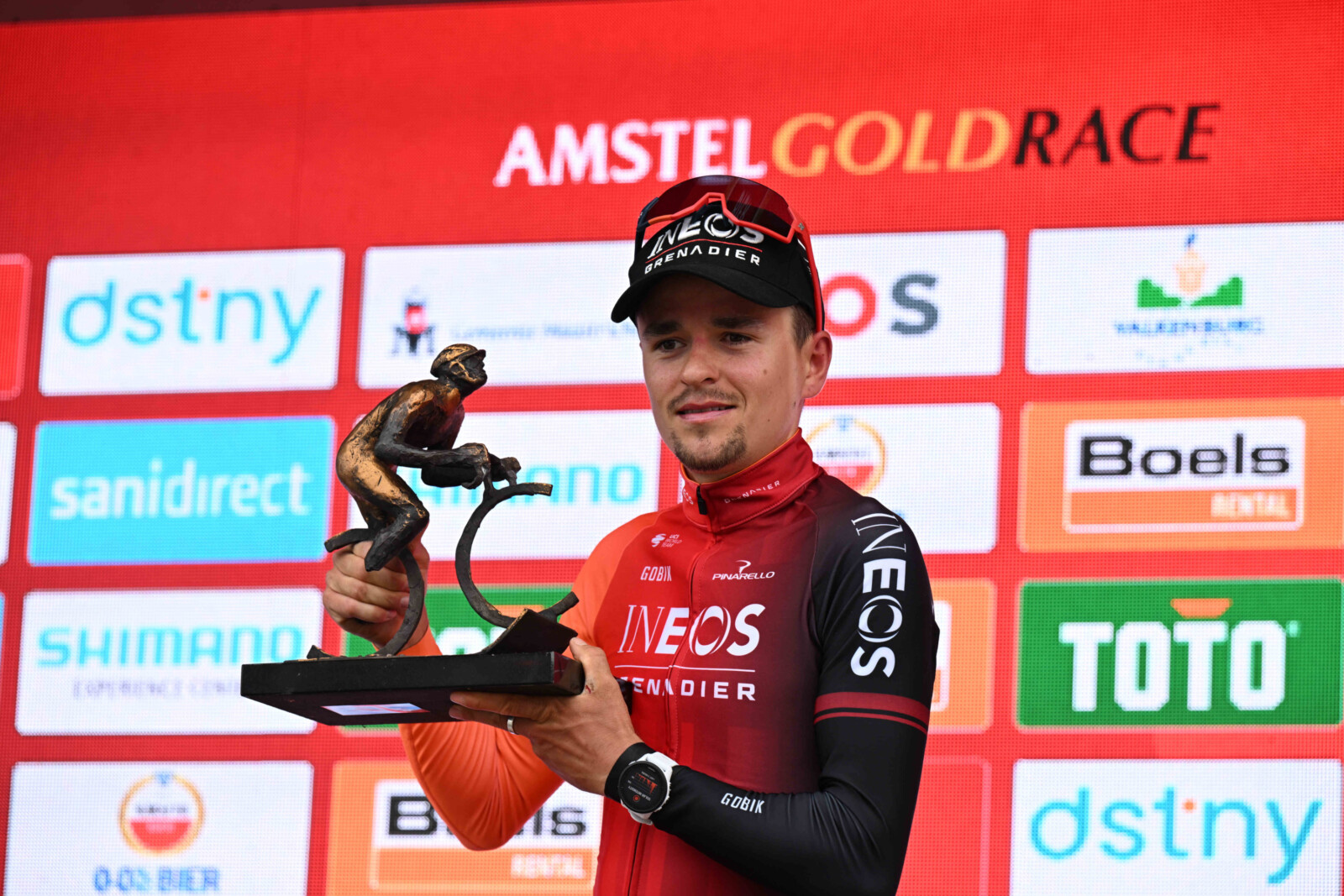
Around the same time, Netball Australia was simultaneously applauded and derided in different corners of the community in late 2022, after standing by aggrieved players over racially based comments made by the late Lang Hancock, a decision that saw Gina Rinehart’s Hancock Prospecting withdraw sponsorship reportedly worth $15 million. “Hancock and its executive chairman Mrs Rinehart consider that it is unnecessary for sports organisations to be used as the vehicle for social or political causes,” the company said at the time, before pulling their lucrative deal from the table.
Thankfully for netball administrators, the Victorian Government and Australian Sports Commission have since stepped in to fill much of the void, however, as a redirection of public money in both instances, it does little to address the longer-term need for sustainable commercial partnerships.
“The reality is that sponsorship is integral to sports organisations – for full-time professionals right through to young children at the grassroots level – who rely on corporations investing the funds that enable all sports to not only survive, but thrive.” – Hancock Prospecting statement, 2023
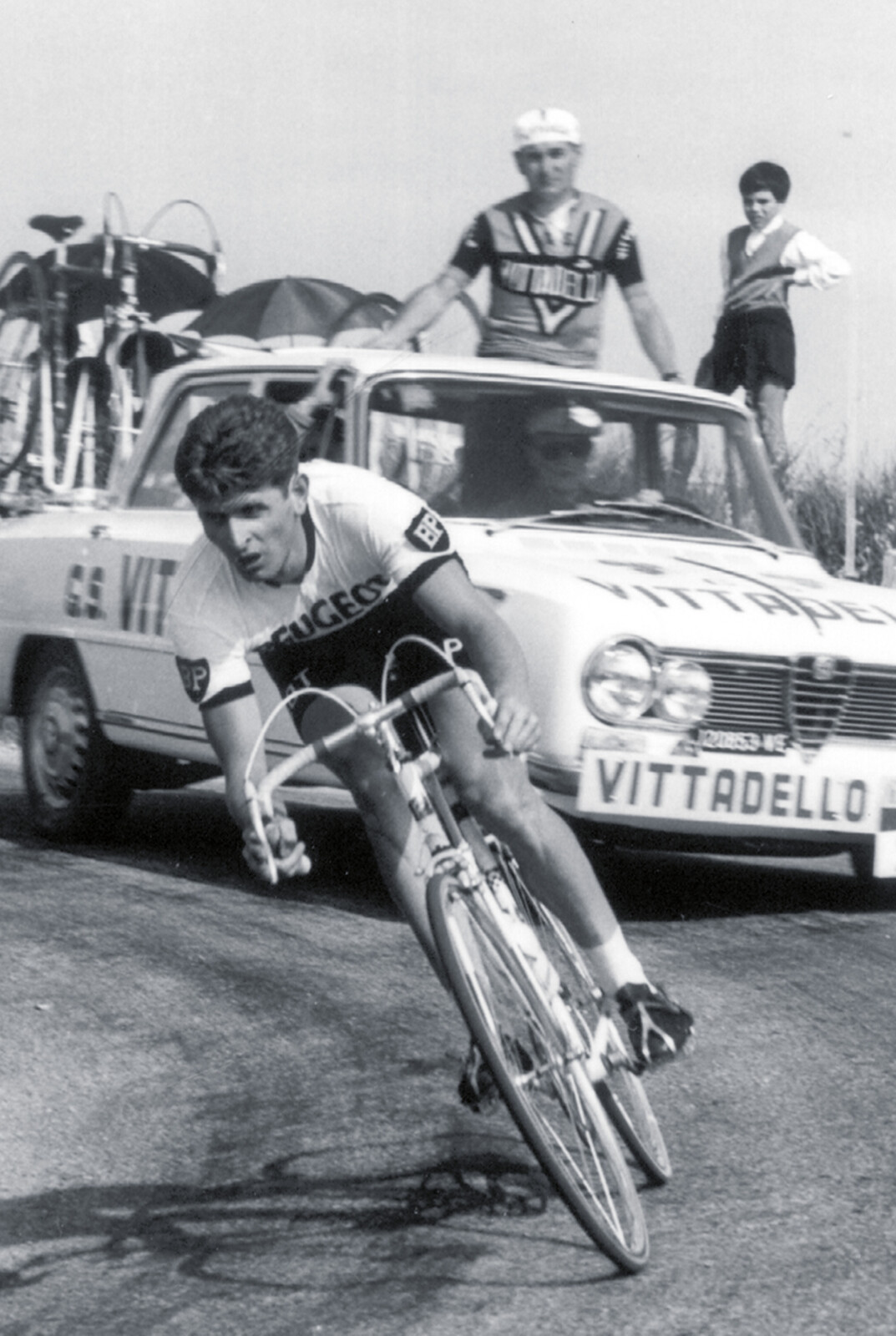
Of course, in the murky world of sports sponsorship, hypocrisy is never far away. British Cycling was widely castigated in 2022 when it announced an eight-year partnership with energy giant Shell, replacing its much-celebrated four-year partnership with global financial behemoth, HSBC, which was worth a reported £2.5 million a year. “The idea of Shell helping British Cycling,” said Greenpeace UK policy director, Dr Doug Parr, at the time of the announcement, “is as absurd as beef farmers advising lettuce farmers on how to go vegan.”
In an interview with Scottish journalist, JJ Chalmers, British cycling legend, Sir Chris Hoy, offered his own view: “Put yourself in British Cycling’s position. They need to get a sponsor, they need to have a partner. In the current climate, trying to find a major sponsor for one year, let alone for eight years, is a significant challenge.
It’s not just about elite sport and the national team, it’s about representing the views of the entire membership and putting cycling on the agenda with a massive corporation like Shell. If you can get them to change their policy even slightly, then that’s a positive thing.”
Regardless of your view on Shell – or ExxonMobil which has sponsored Belgian cycling since 2011 under the Esso brand – the irony is HSBC could hardly be described as a corporate cleanskin. HSBC has been repeatedly investigated and fined for money laundering and tax avoidance schemes over the years and, at one stage, was even thought to have links with major criminal networks including one of the most feared underworld organisations on the planet, Mexico’s infamous Sinaloa cartel. Better than oil, I guess?
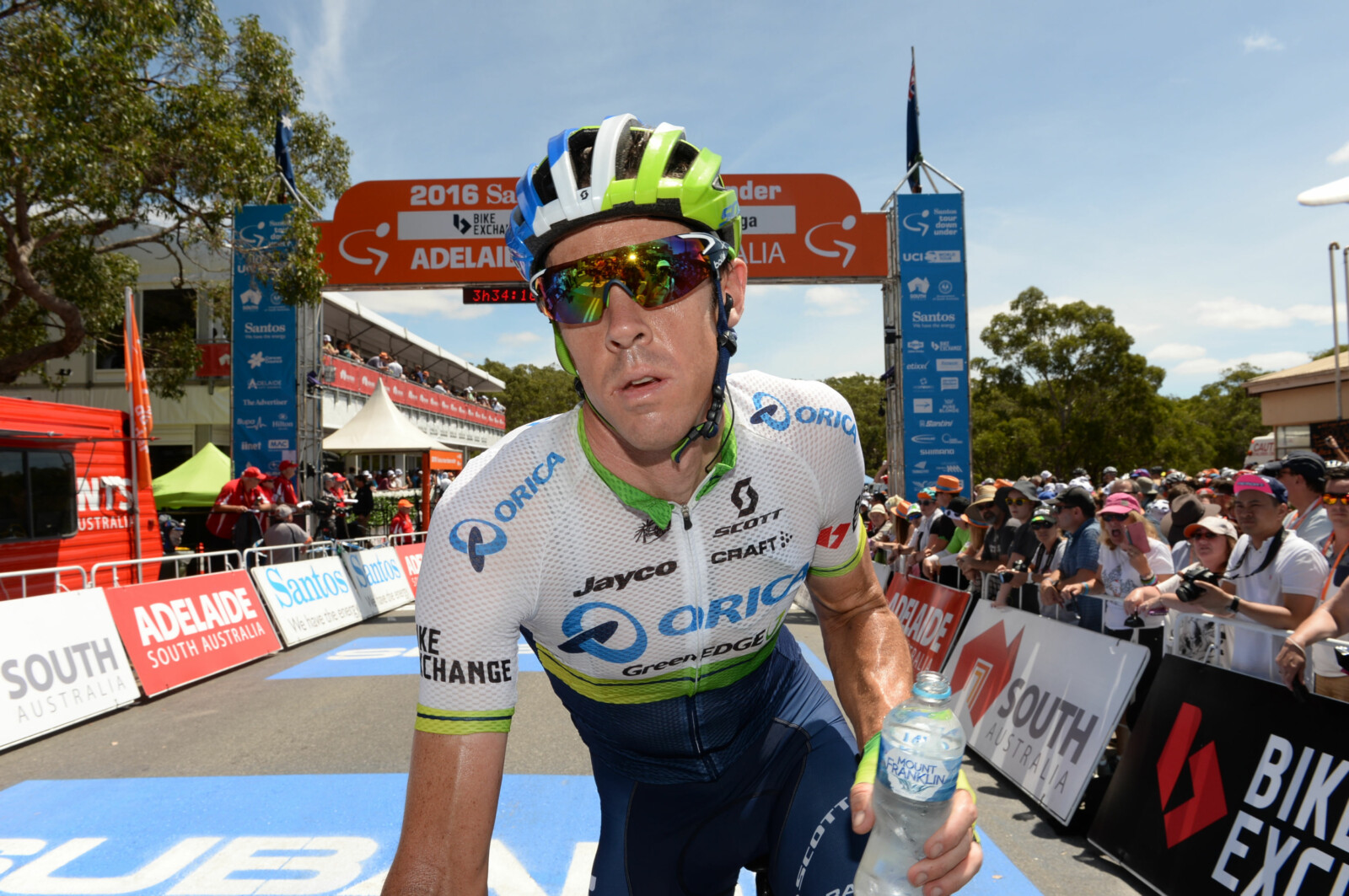
Santos & The TDU
Sticking with Britain, Ineos, which injects around €50 million annually into the most successful UCI WorldTour squad of the 21st Century, is also one of the world’s largest oil, gas and petrochemicals conglomerates. Closer to home, mining giant Santos has been naming rights sponsor of Australia’s greatest bike race, the Tour Down Under, since 2010, much to the chagrin of environmental groups such as Extinction Rebellion.
No doubt, given a choice, the leaders of all of these organisations would prefer to be in bed with sponsors of unchallenged social and ethical fabric. But who decides what that is? Who defines right and wrong? Perhaps most fundamentally, is it better for a team, event or even an entire sport to go to the wall over matters of principle, or compromise a little in the name of survival?
These are fundamental questions, for which there are no simple answers. Every sport needs to make its own calls based on its own values, which are ultimately a reflection of the values of its member and supporter bases. Doing this requires careful listening, respectful debate and conversations that delve far beyond politically jaundiced self-interest and media-fuelled sectionalism, and instead explore the nuances of what is, undeniably, an existential issue for so many sports, not least elite cycling.
Filthy lucre? Isn’t it all?
